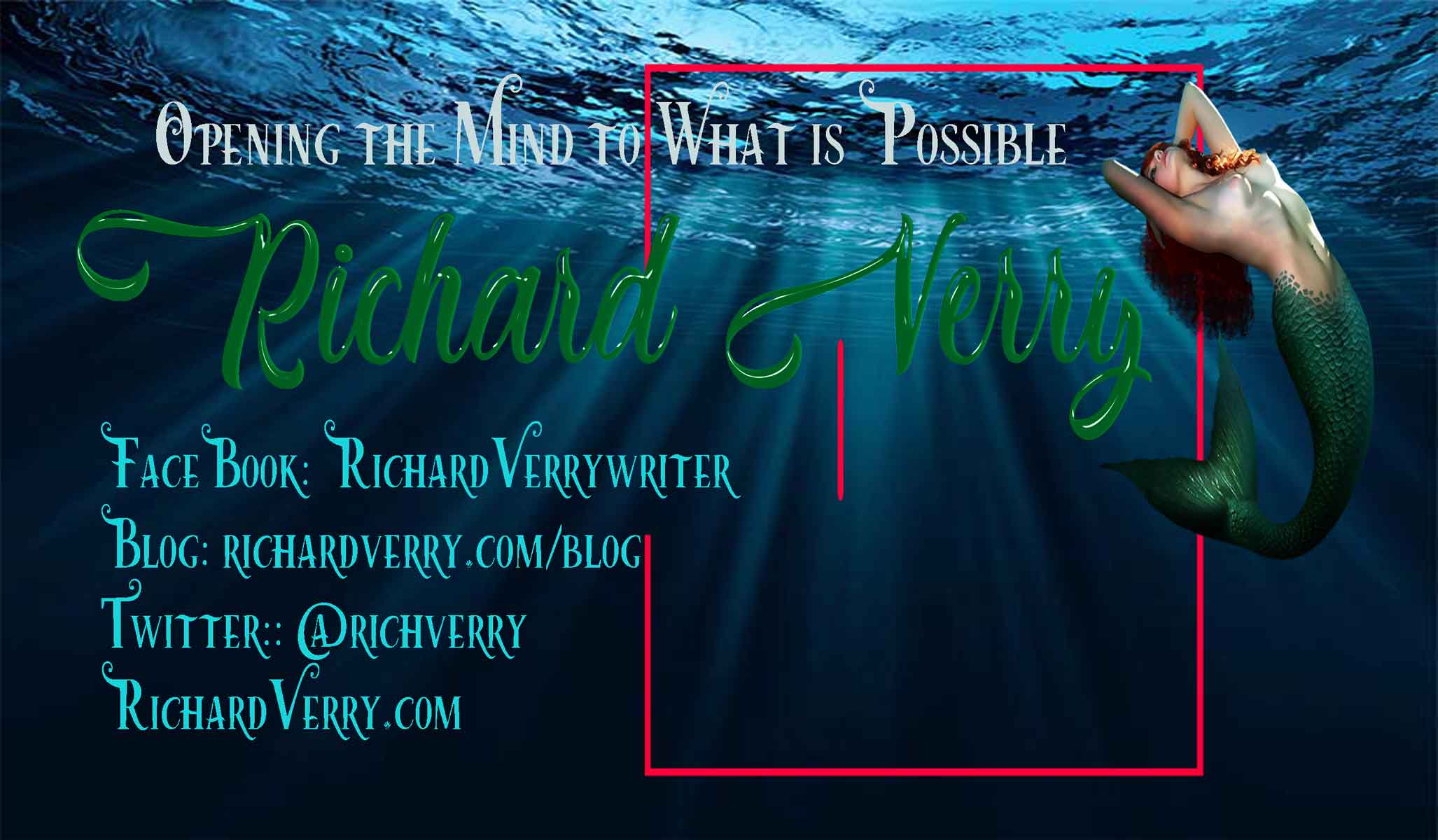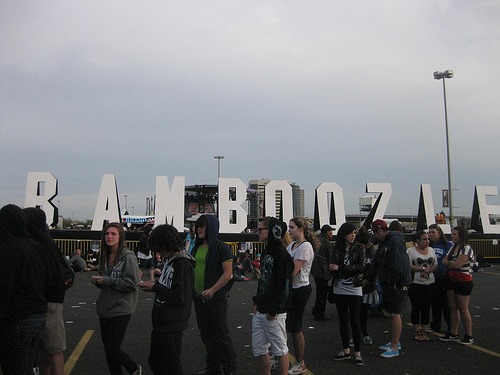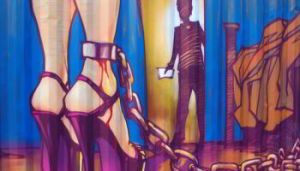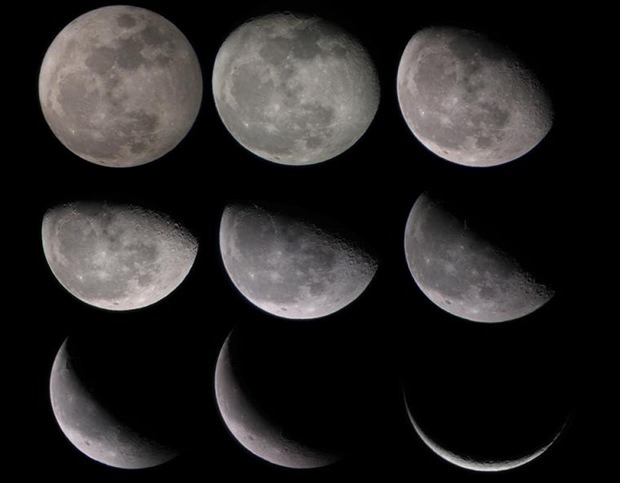Word of the Day: qui vive

qui vive (noun) kee-VEEV
Definition
: alert, lookout — used in the phrase on the qui vive
Examples
“All right. Lieutenant Howard, go see how the artillery wagons are managing, and on the way tell Major Mason that I need him again. Stay on the qui vive; you may find evidence of liquor.” — William T. Vollmann, The Dying Grass: A Novel of the Nez Perce War, 2015
“Pasadena Heritage staged its Colorado Street Bridge Party July 16, and Police Chief Phillip Sanchez was clearly on the qui vive at the entrance to the bridge.” — Patt Diroll, The Pasadena Star News, 24 July 2016
Did You Know?
When a sentinel guarding a French castle in days of yore cried, “Qui vive?,” your life depended upon your answer. The question the sentinel was asking was “Long live who?” The correct answer was usually something like “Long live the king!” Visitors not answering the question this way were regarded as suspect, and so to be “on the qui vive” meant to be on the alert or lookout, and qui vive came to mean “alert” or “lookout” soon afterward. Nowadays, the term is most often used in the phrase “on the qui vive,” meaning “on the lookout.”
My Take
Alright. Today’s word I want to say is stupid. It’s not, of course, but I’d like to think it. I know I will never use it. Yet, it does have a place in history. If I ever write a historical novel, then perhaps, I will use it.
From the examples, you will note contemporary uses of the word, and yet, I can’t seem to bring it about to use it. If I want to use a term to mean alert or lookout, I’ll use the words. Perhaps it is used in other parts of the world with more frequency. That’s okay too.

Thinking about the term, I came up with some scenarios that would be an appropriate usage of the term. For example, a city deploys additional security due to a terrorist alert, such as what recently occurred in Los Angeles California at the Universal Studios subway station. An event that is, unfortunately, all too common these days. I was also reminded of a woman on alert walking down a dark street or riding a crowded subway car. If the main character, Avril, in my new book were a bit more alert, perhaps she would have escaped her introduction to the despicable world of human trafficking. Be sure to look for this exciting new erotic thriller due out very soon.
In researching the word, I did find a field hockey club using the word as their team name. I also found a movie entitled ‘Qui Vive.’ I never heard of it of course, but what do I know. I found several pieces of artwork using the title, one of which I have included in this post as my twitter bonus picture. Finally, I did find a picture of a border collie. From its pose, it reminded me of my own collies our family bred growing up. When they alerted to something of interest, you knew the dog was on the qui vive.
Today’s bonus picture, available if you tweet from my page on Twitter is an image pertinent to the theme of the day. I hope you like it.
I love learning the different contexts of these words of the day. Do you? Please share your comments. I’m sure we would all like to read them.
Have a great day.










































